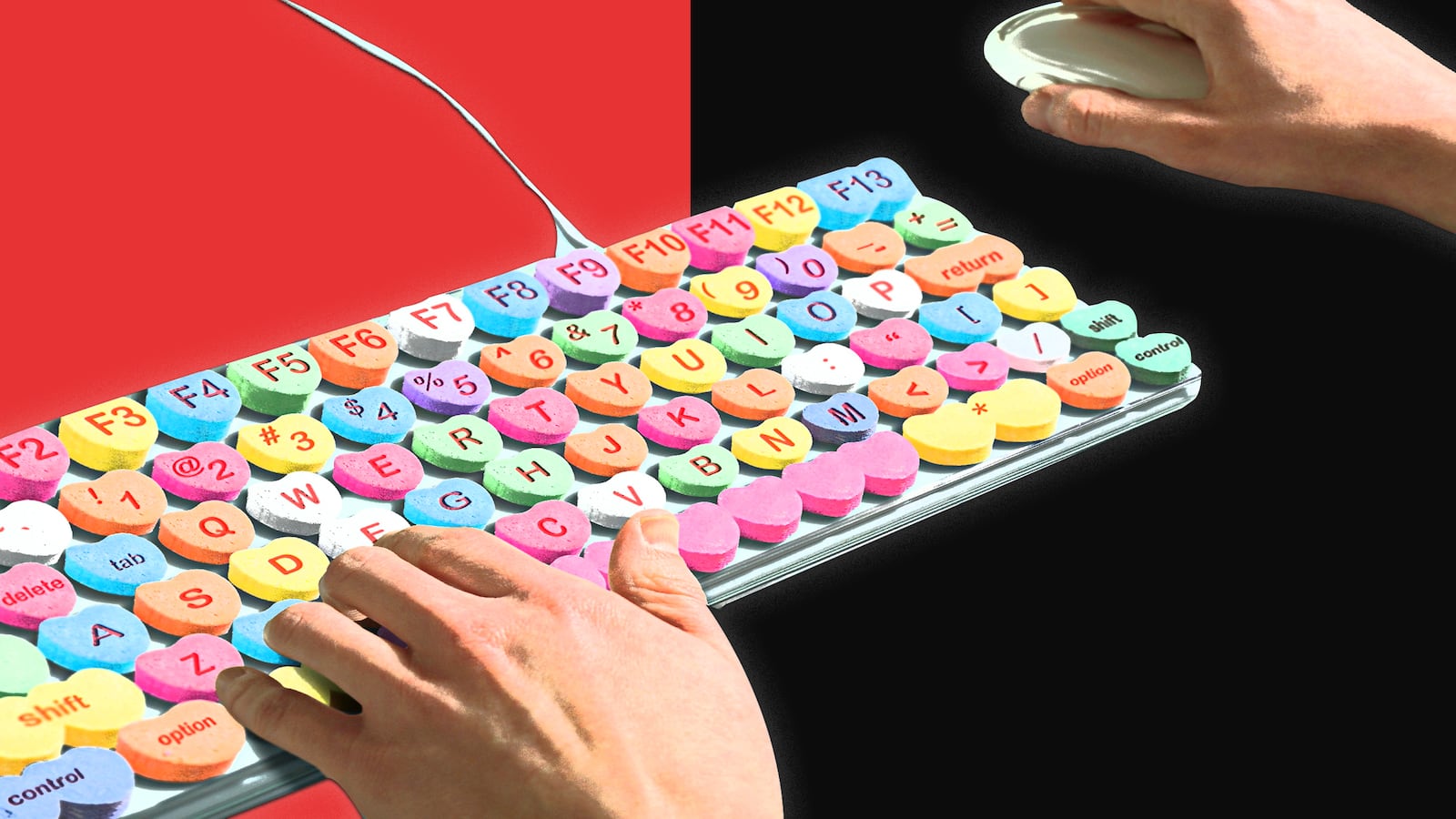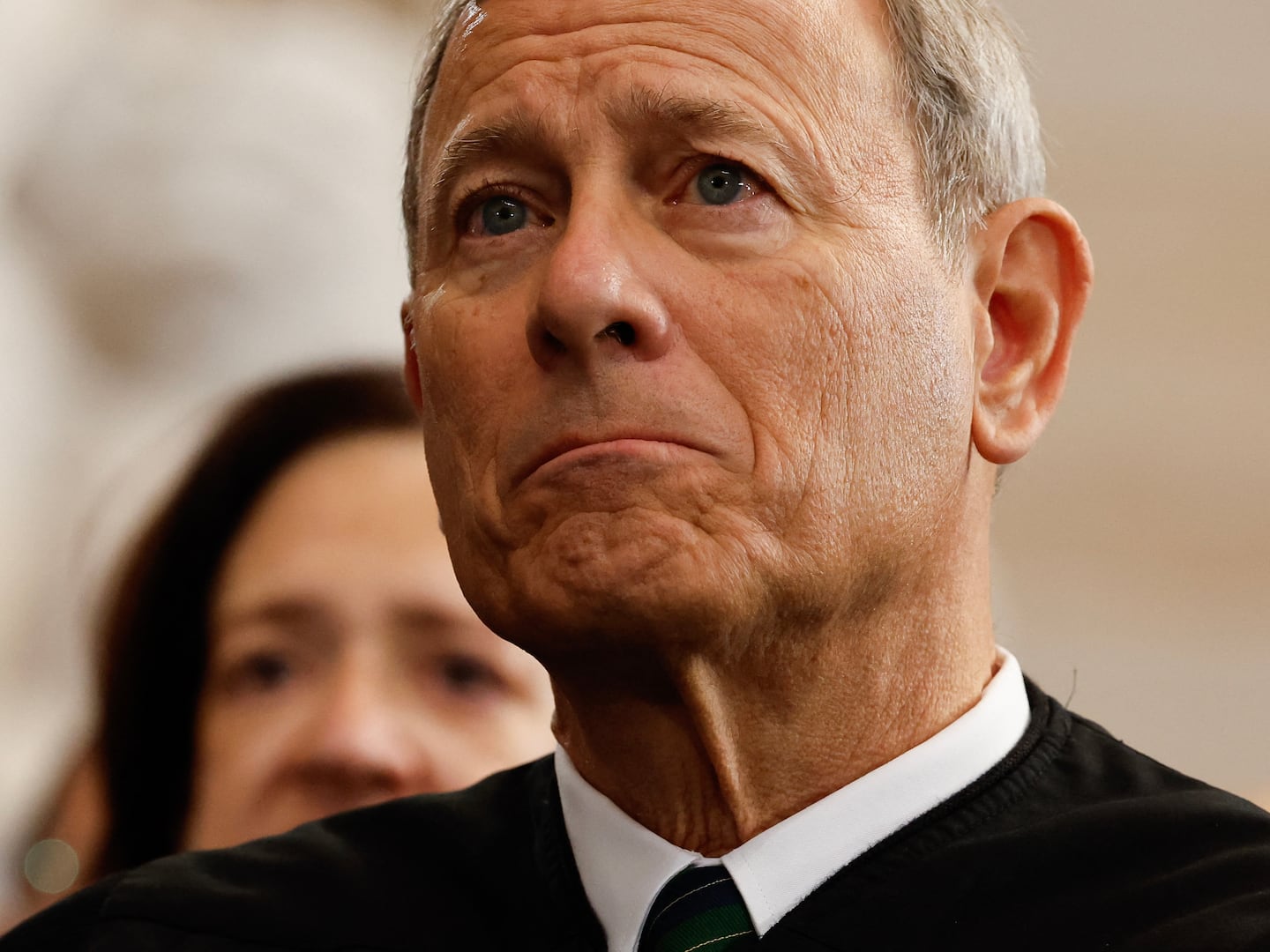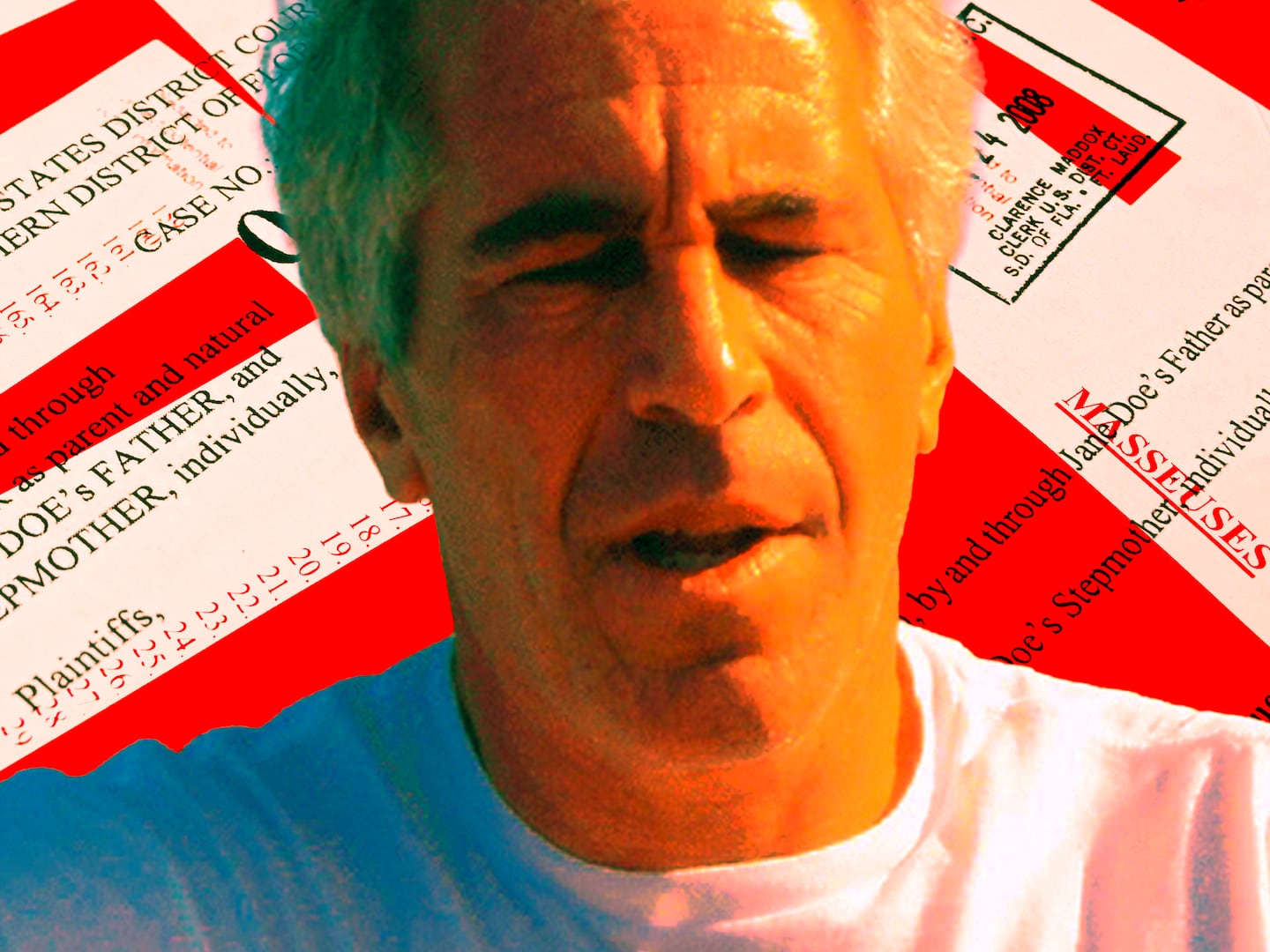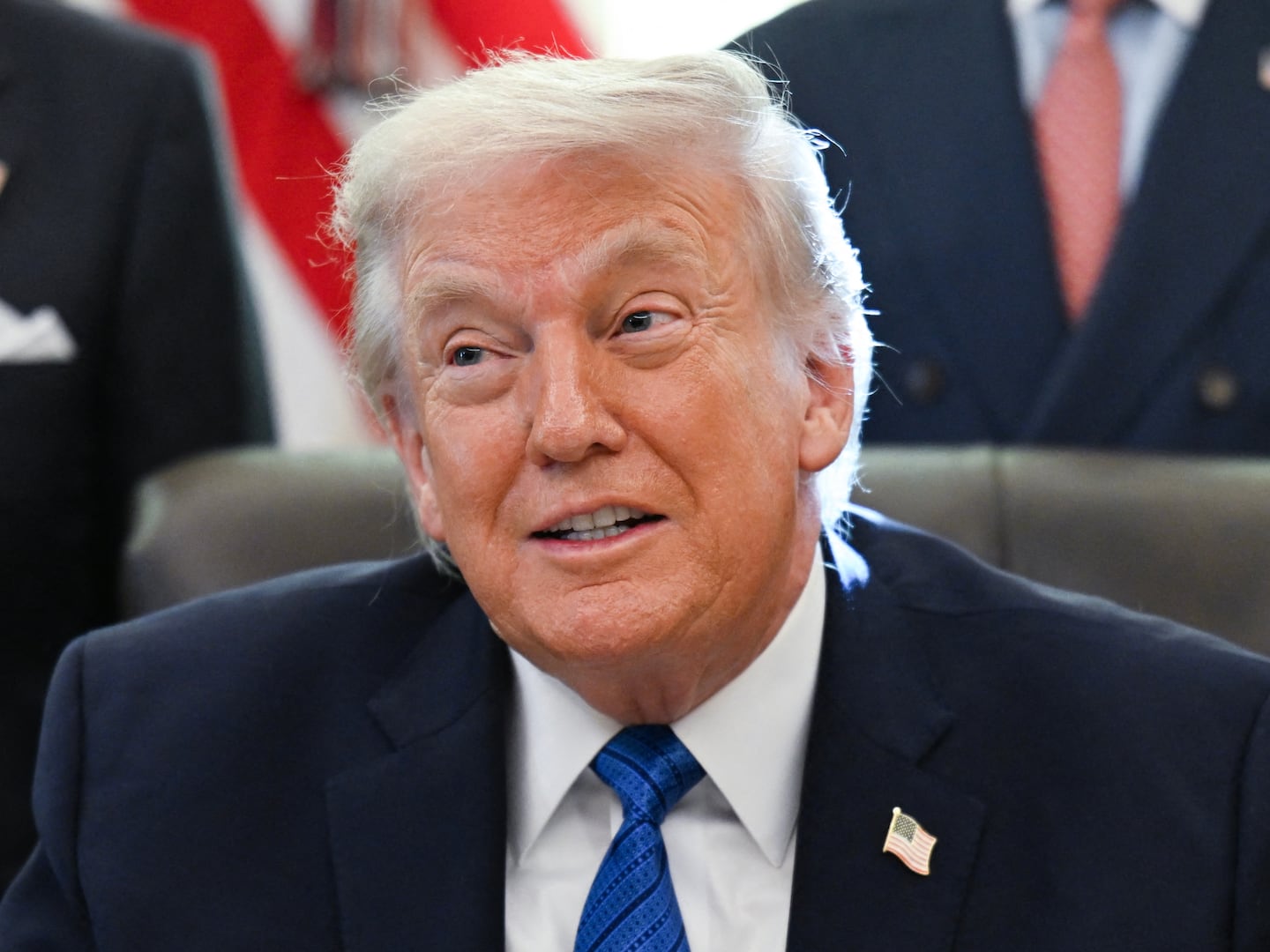It’s not news that lots of women receive ridiculous and misogynistic messages on dating apps, especially on Tinder. But as a 22-year-old with cerebral palsy, I get one at least twice a week.
“So can you f*ck?”
“But you look normal in your pictures.”
Since I rely on my wheelchair only for transport and can walk independently, I don’t have that many pictures of myself in it. I live in this in-between area where my disability isn’t that severe but is still noticeable.
As soon as I disclose my disability to potential dates, one of the first questions they often ask is if I’m capable of performing sexual activities. Every person with a disability is different, but able-bodied people often have a one-size-fits-all notion of them; they often mistakenly think people with disabilities aren’t capable of independence or being sexually active. It is in part because of this mindset that people with disabilities often date much later in life than their non-disabled peers do, and their rate of marriage is half the national average.
Although there is no augmented data on how many people with disabilities are on online dating sites, chances of being “matched” with someone with a disability are relatively high. According to the U.S. Department of Labor, people with disabilities make up the nation’s largest minority group, comprising almost 50 million individuals. That adds up to a little over 19 percent of the U.S. population. Does having a disability, or at least revealing it, need to be a deal-breaker on dating apps?
“I think [disclosure of your disability] needs to be written on your profile and there needs to be pictures that show you have a disability,” wrote Dr. Danielle Sheypuk, a NYC-based therapist who specializes in the psychology of dating, relationships, and sexuality for the disabled population in a widely-shared column last year. “It avoids a lot of rejection and a lot of heartache, I feel. The opposite side of the argument is: Don’t put it there, and let them get to know you. They’ll see you for who you are. [Then], you’ll reveal you have a disability, and they won’t care. That is most likely not going to happen. Yes, they might get to know you and really have feelings for you, but when you reveal you have a disability, they could feel lied to. It’s just like people being dishonest with their age, weight or marital status. It’s just good to put who you are right up front.”
Still, there is no “right” way to date with a disability, since no disability is the same, and each person deals with theirs differently.
“If they're looking for a relationship, not just an impersonal physical relationship and not just an online chat relationship, then I would disclose something about my disability in my profile but I would not make it the main point of my profile,” advises Dr. Mitchell Tepper, a sexologist who coaches people with disabilities on online dating. “I’d have pictures with and without my wheelchair if it's a visible disability.”
Tepper tells clients to mention their disability in as few words as possible. “Less is more these days, so you gotta put a hook to it,” he says. “I tell people not to overshare.”
When I started using dating apps in my early college years, I chose not to mention my disability in my bio. I often ran into that awkward moment when I’d “come out” after talking to a guy for a while, and they’d act like I had just conned them. One memorable instance: My freshman year, when I matched with an NYU freshman who I chatted with online for a month—based on our messages, I felt there was a strong connection between us—before deciding to finally meet in person.
We met at Central Park on Valentine’s Day. In the days leading up to the date, I contemplated telling him about my disability. After tossing and turning in bed for a few nights and playing out every scenario in my head involving his potential reaction to meeting me in a wheelchair, I convinced myself that I had to tell him.
When I spilled the beans, he treated me like I was a fraud and compared the situation to being catfished. But unlike the people on the MTV show, I hadn’t fabricated my identity. I just hadn’t told him about my disability, one of many parts of my identity. Was it so wrong to conceal this one detail about myself? (To him, it must have been, since after that he ghosted me.)
Keeping one’s disability a “secret” until meeting in person or until further along in the relationship, adds Dr. Tepper, “only gets your hopes up” about someone who might turn out to be “shallow and when they find out about your disability, they're like, ‘Can’t deal with that.’ So I say we put a little bit in your profile somewhere, not hide it nor highlight it.”
A few weeks later, I went on another Tinder date. (Full disclosure: Tinder and OKCupid are owned by The Daily Beast’s parent company, IAC.) This time, I was upfront about my disability and he—a graduate engineering student at Columbia from India—was seemingly accepting of it, at least online. But when we met, it became alarmingly clear that he had never seen someone in a wheelchair before. He kept asking me where my aide was (I don’t have one). Then he told me he was looking for a potential wife to bring back to India after he finished his degree the following semester. If that was a tactic to scare me off, it worked.
Many people with disabilities do choose to be upfront about it, including 23-year-old Germany-native Jasmin Glock, who has hemiplegia cerebral palsy. She started using dating apps in college in 2013 and, at first, chose not to mention cerebral palsy on her profile. “I’d just tell people after a while and usually the conversations stopped after that,” she says. “People wouldn't message back or would come up with some weird excuse. Not all were like that, of course. I felt like I had to tell them about my disability at one point simply because it's part of who I am. At the same time, I was always so scared of being rejected. I just never know how people react.” Eventually, Glock met her boyfriend (now of four years) on Babbel, an online language learning community.
After my first two experiences, I took a break from online dating and happened to meet someone the old-fashioned way. We dated for a year but, after a highly emotional breakup, I turned back to Tinder in search of a rebound. Remembering how my first round of dates went, I decided to tweak my bio. “I have a physical disability,” I wrote. “I’ve contemplated putting that out here, but honestly I can’t deal with any more jerks, so please save us both the time and message me only if you’re interested. I’m completely functional in all aspects, including ‘down there.’”
A handful of guys messaged me to say they admired me for being a “badass” about it. Then there were others who fetishized my disability and said disturbing things that I’ll spare you from reading. Then there was the medical school student who imagined us role-playing: I’d play the patient and he’d play the doctor. I went along with it for one date, not looking anything something serious. In the end, I got a bad feeling about it and cut him off.
Then there were those who pursued me for a while, then said they’d prefer someone “neurotypical”—I guess I should be grateful they phrased it politely. Most people have experienced some form of rejection, but it never gets easier when it’s based on something about yourself that you can’t control or change.
Hilary Brown, a 37-year-old graduate student at Mills College, has also experienced rejected based on her disabilities: epilepsy and Ehlers Danlos Syndrome, which she discloses on her Tinder profile. “I had someone stand me up twice and keep messaging me trying to come over,” she says. “I blocked them [afterward].” Apart from that, Brown says, she doesn’t get many rude comments. She believes that’s because she dates women.
But this isn’t just an issue of misogyny; men with disabilities experience the same kinds of difficulties. Matt Weber, 36, is a test prep and math tutor from Indiana and was born without forearms or fibulas. He is open about his disability to potential dates on OKCupid, but women are often turned off by it.
“The vast majority of able-bodied women will not even consider dating a man who has a visible disability, particularly if he is shorter than they are,” he says. Weber sees this as a double-standard. “Think about how obviously crude, objectifying, and shameful it is when a man says he only wants thin women, or women with big breasts, or a particular-sized butt. We’ve made at least some progress as a society in recognizing that talking about women that way is inherently sexist.”
I cannot speak for the entire disabled population, but I’ve had much better luck with dating the old-fashioned way, without dating apps. I find that it’s better for a guy to get to know me as a person first. After a while, my disability becomes a non-factor in the relationship. And instead of my wheelchair and disability being the center of attention, it is my personality that my date finds attractive.






